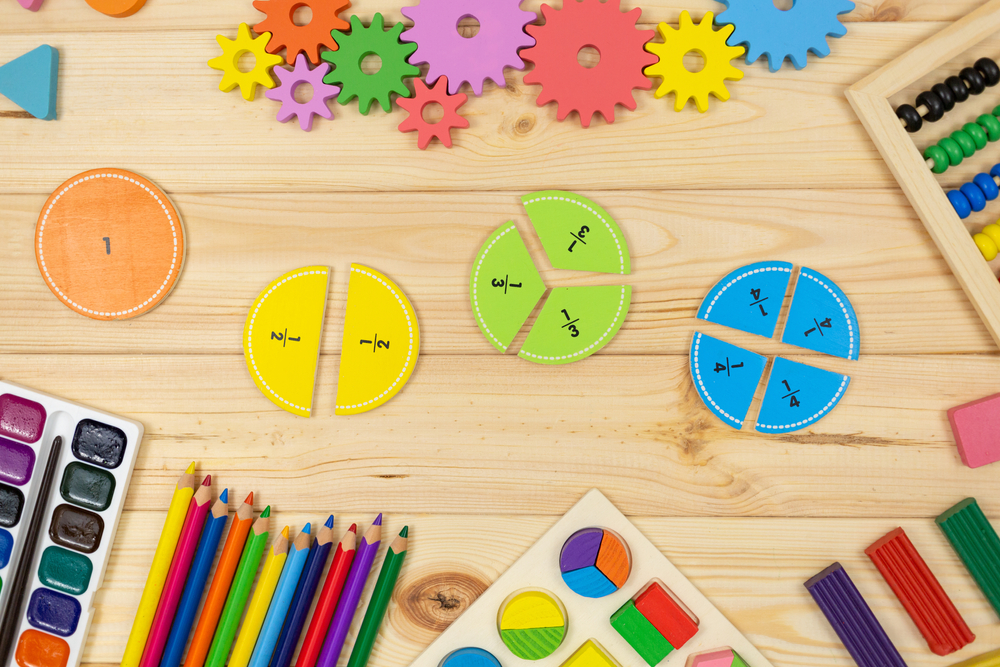Critical thinking skills Easy Worksheets for Ages 3-6
5 filtered results
-
From - To
Unlock your child's potential with our "Critical Thinking Skills Easy Worksheets" designed specifically for ages 3-6! These engaging worksheets focus on fostering essential cognitive abilities through fun activities tailored for young learners. Each worksheet promotes problem-solving, analytical reasoning, and creativity, enabling children to develop confidence in their thinking skills. Ideal for parents and educators alike, our resources blend learning with playful challenges, ensuring that kids stay motivated while mastering critical concepts. Explore a variety of topics and themes that support early development—perfect for preschool or kindergarten settings. Start building a strong foundation for lifelong learning today!
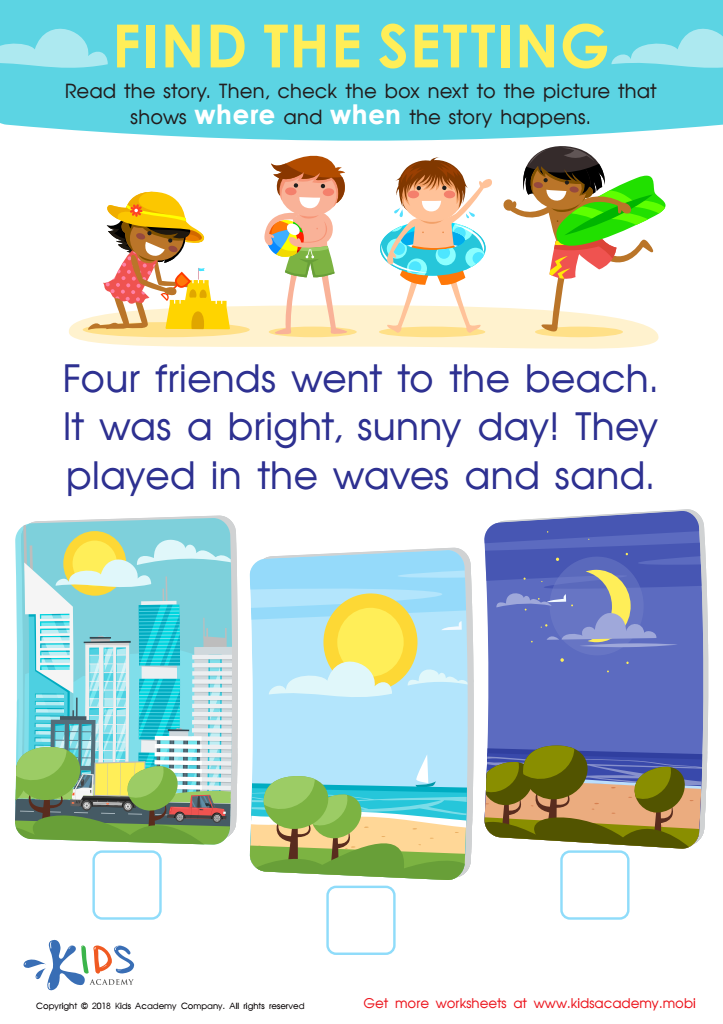

Find the Setting Worksheet
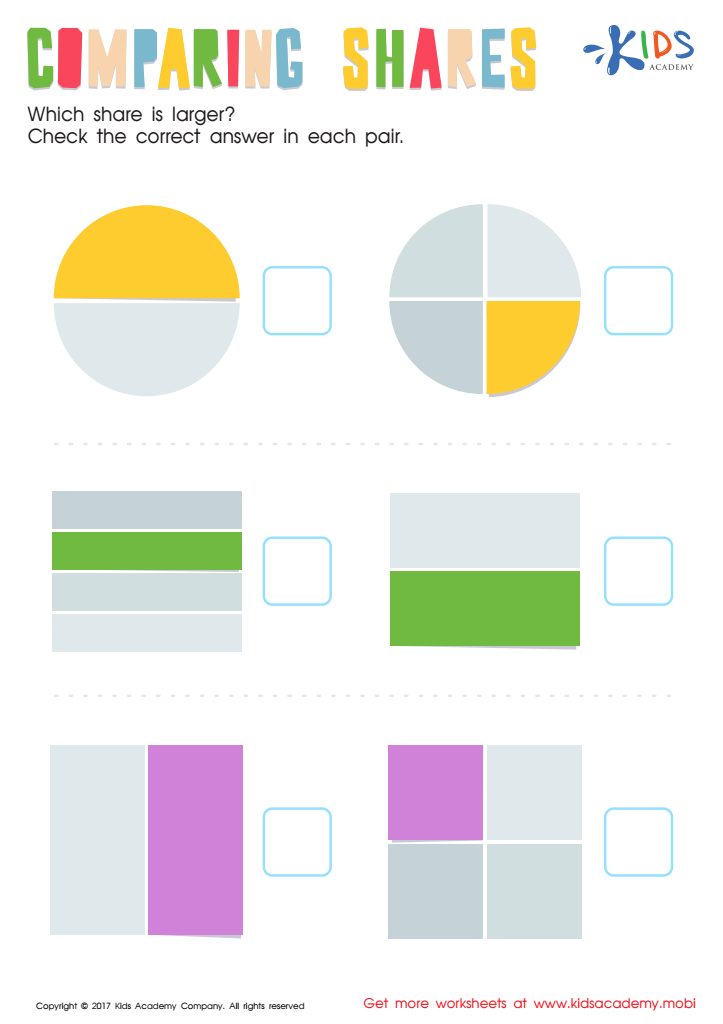

Comparing Shares Worksheet
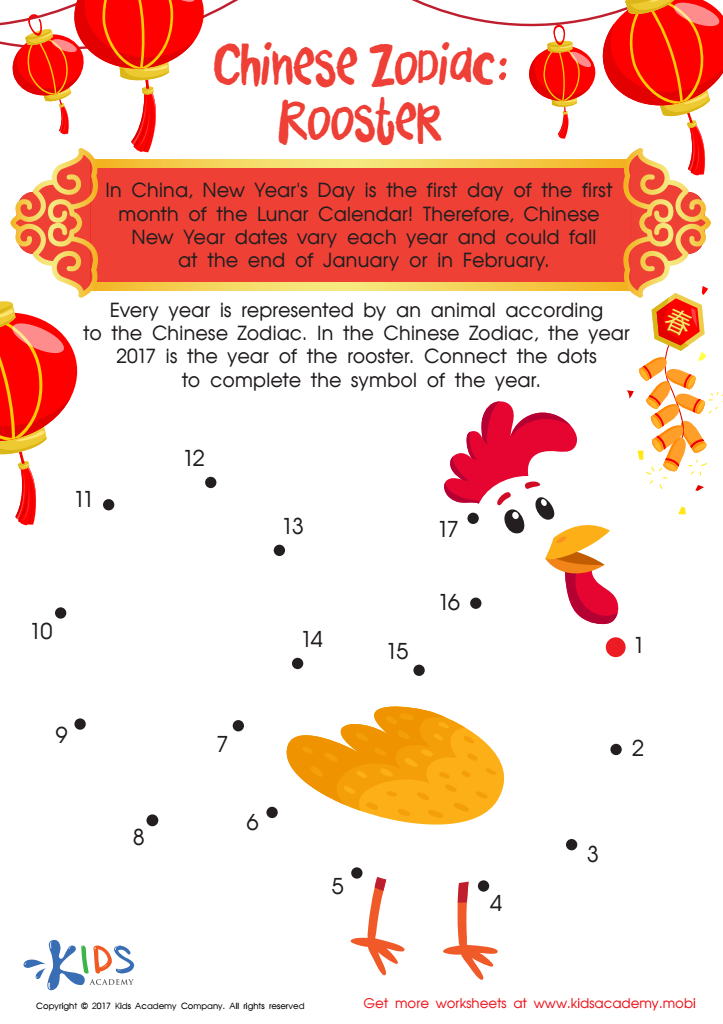

Chinese Zodiac Printable
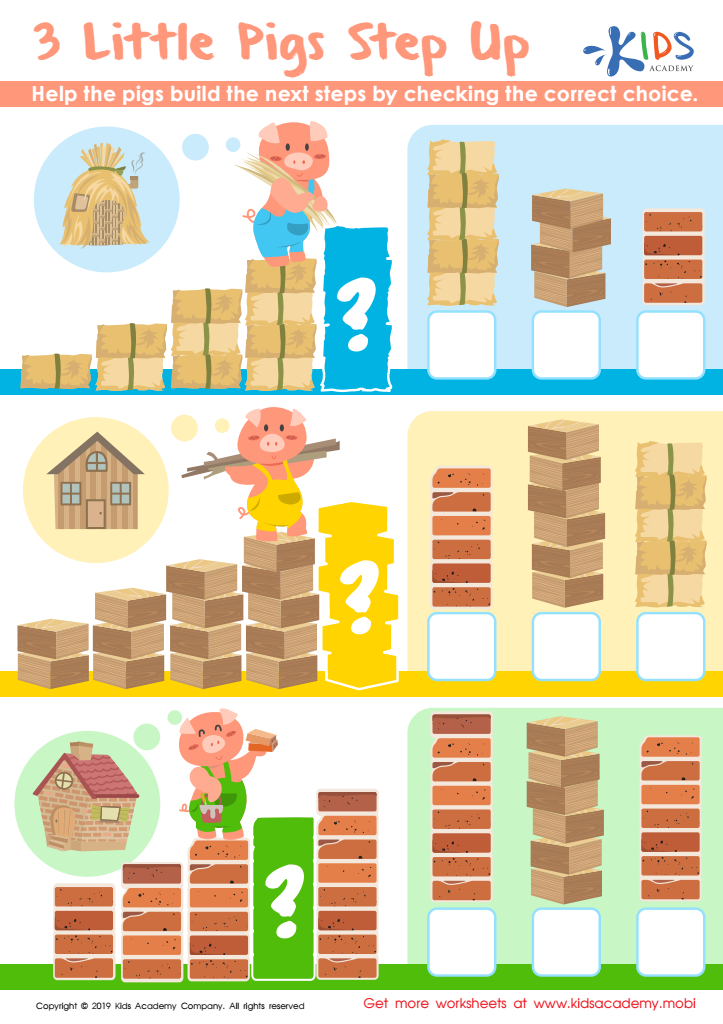

3 Little Pigs Step Up Worksheet
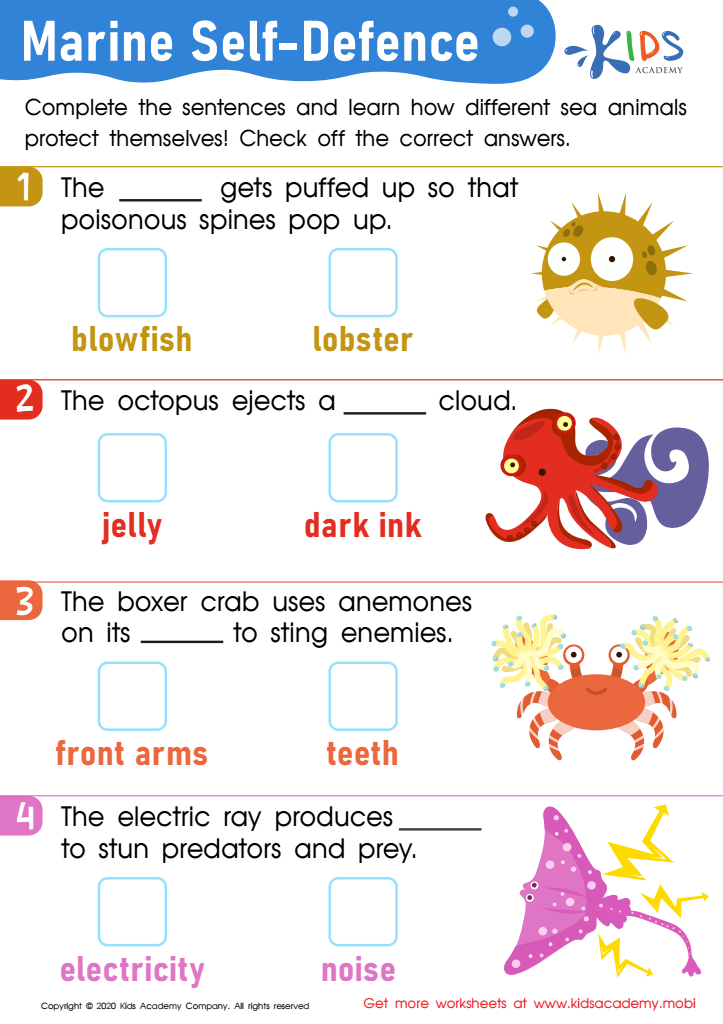

Marine Self-Defence Worksheet
Critical thinking skills are essential for children ages 3-6 as they lay the foundation for lifelong learning and problem-solving abilities. At this early stage, children are naturally curious and eager to explore the world around them. Fostering critical thinking helps them ask questions, make connections, and understand concepts more deeply.
For parents and teachers, encouraging critical thinking means nurturing a mindset where children feel comfortable expressing their thoughts, ideas, and even doubts. This enhances their ability to think independently, make informed decisions, and develop confidence in their abilities. Engaging children in activities that promote critical thinking, such as open-ended questions, play-based learning, and hands-on experiences, encourages creativity and collaboration.
Moreover, critical thinking skills help children better navigate social interactions by enabling them to understand different perspectives and solve conflicts more effectively. As they build these skills, they become more equipped to tackle challenges in school and future environments, adapting to new information and experiences. Ultimately, fostering critical thinking at such a young age empowers children to become inquisitive learners, encouraging a love for discovery that benefits them in all areas of life.
 Assign to My Students
Assign to My Students










